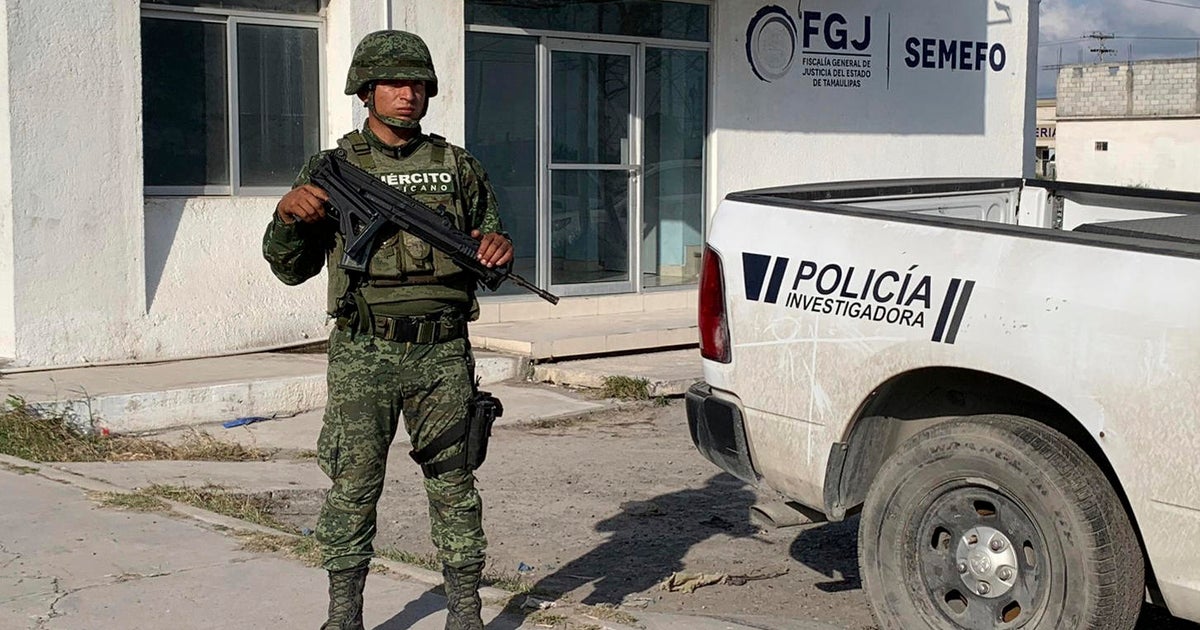Myanmar’s Aung San Suu Kyi says “huge iceberg of misinformation” around Rohingya crisis
Myanmar's leader Aung San Suu Kyi said that "false information" was being used to increase divisions in her country after approximately 125,000 Rohingya refugees poured over the border into neighboring Bangladesh.
In her first comments on the latest violence in the Rohingya crisis, Suu Kyi told Turkish president Recep Tayyip Erdogan that a "huge iceberg of misinformation" had been created to instigate problems and promote "the interests of terrorists," her office said.
Often described as the world's most persecuted minority, the Rohingyas are a Muslim group that is denied citizenship in majority Buddhist Myanmar despite having lived there for centuries.
A number of photos shared online purporting to show the crisis did, in fact, show other events, the BBC reported.
A prominent example was on August 29, when Turkish Deputy Prime Minister Mehmet Simsek tweeted a call for the international community to do something about the violence against the Rohingya, along with four photographs. The pictures, which had their authenticity challenged widely online, were later deleted. One was confirmed by the BBC to have been taken during the genocide in Rwanda.
However, with very limited access to the conflict area provided to journalists, BBC Burmese Service's Tin Htar Swe said much of the blame for the large amount of misinformation surrounding the crisis could be attributed to the government.
"The fake news is generated because the government is not allowing media access to the troubled areas… If they allow the UN or human rights bodies to go to the place to find out what is happening then this misinformation is not going to take place," Swe said.
Meanwhile in Bangladesh, soldiers tried to bring a sense of order as people arrived weak, dehydrated, and disoriented, BBC News' Sanjoy Majumder reported.
"People are either being shot or burnt alive in their homes," one refugee said. "We had to flee for our lives. They're making sure that no Muslims are left there."
Bangladesh is one of the most densly populated countries in the world, and refugee camps were stretched beyond capacity, with open fields and hilltops turned into vast settlements, Mujumder said.
The latest violence in Myanmar comes after a military crackdown that the government says is a response to attacks by Rohingya against police and paramilitary posts.



